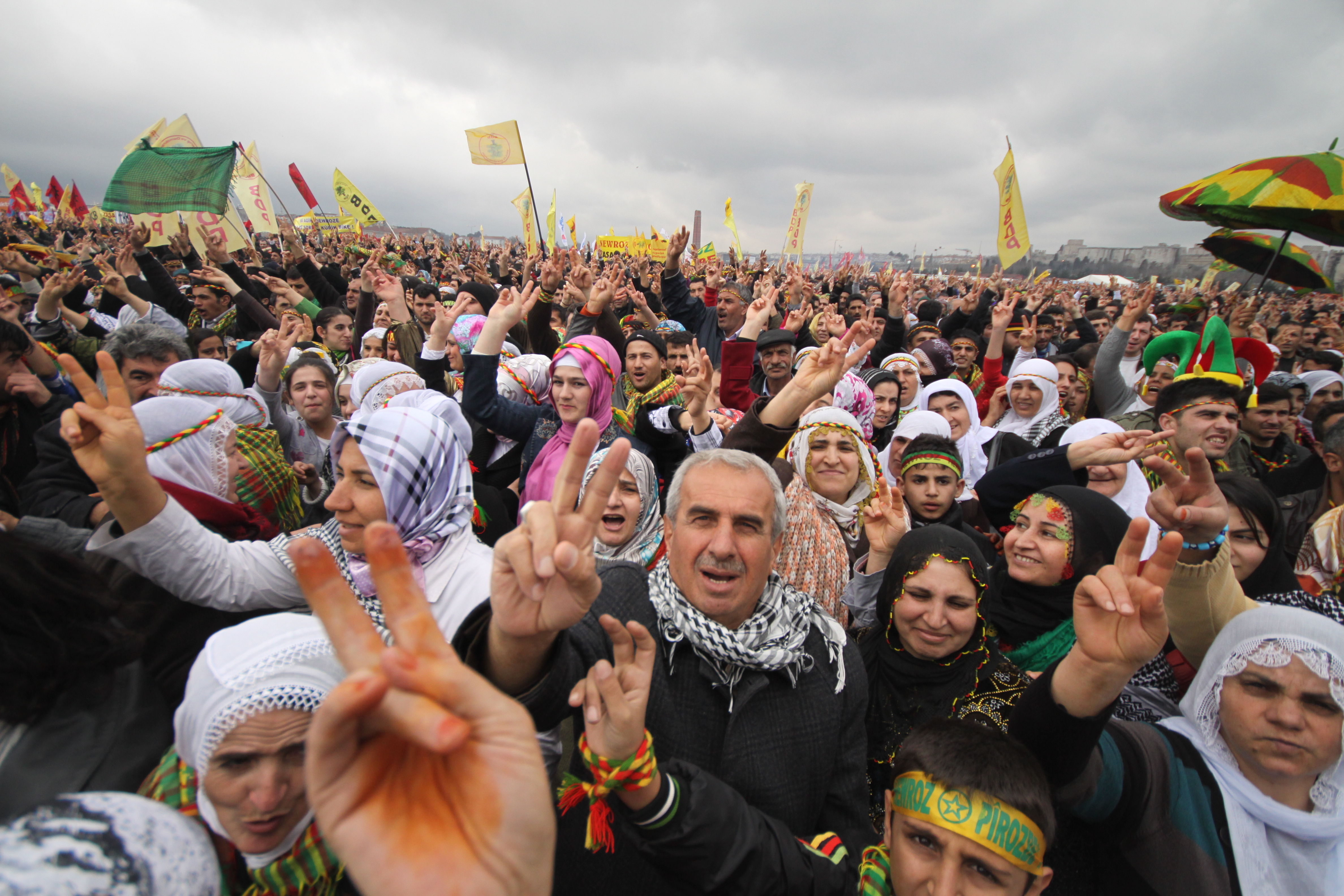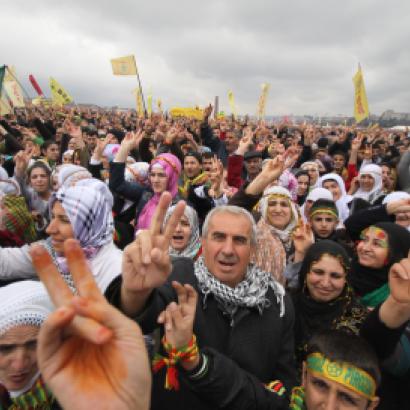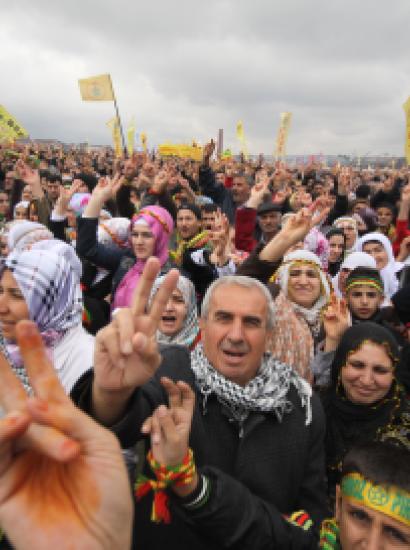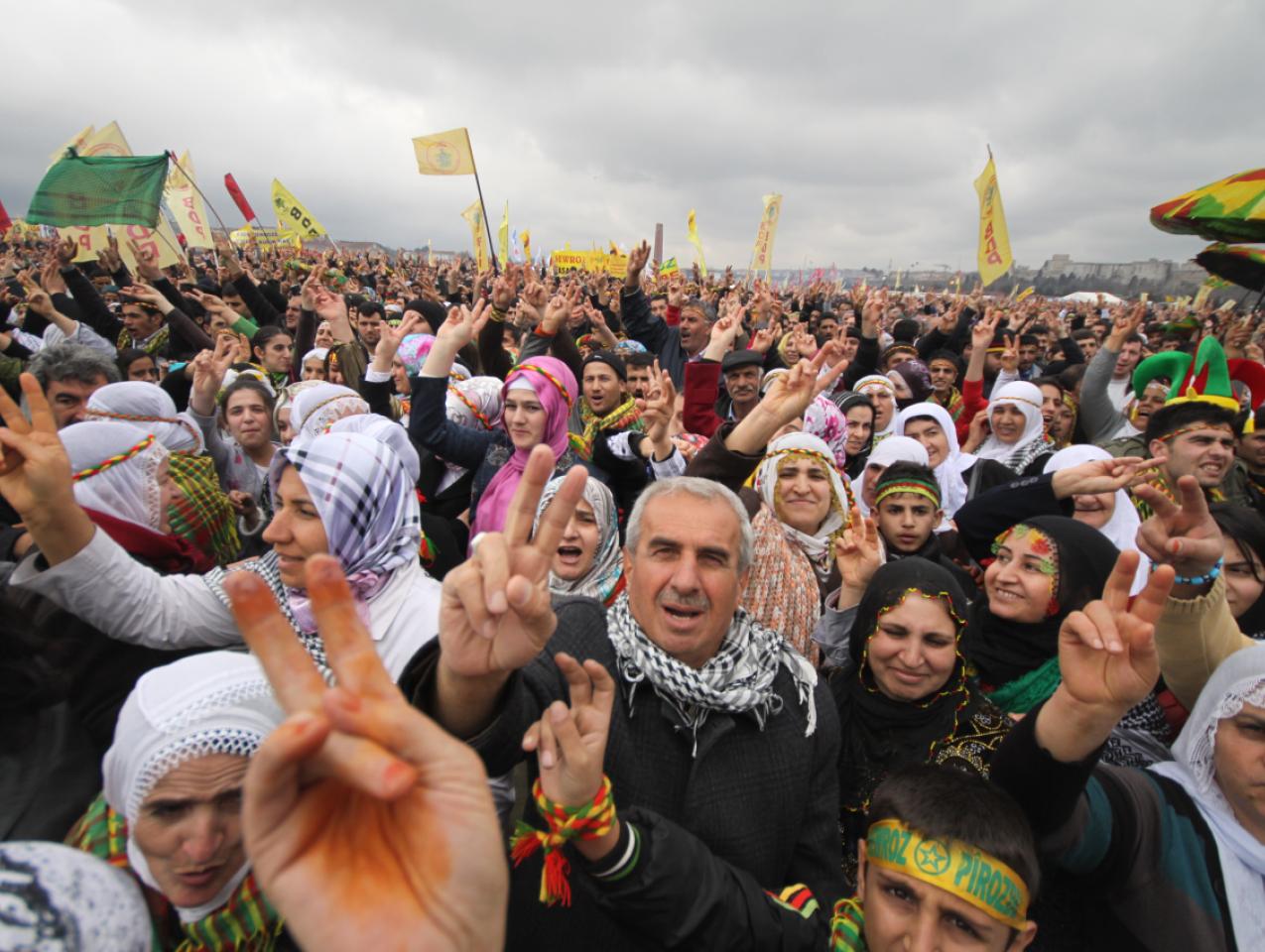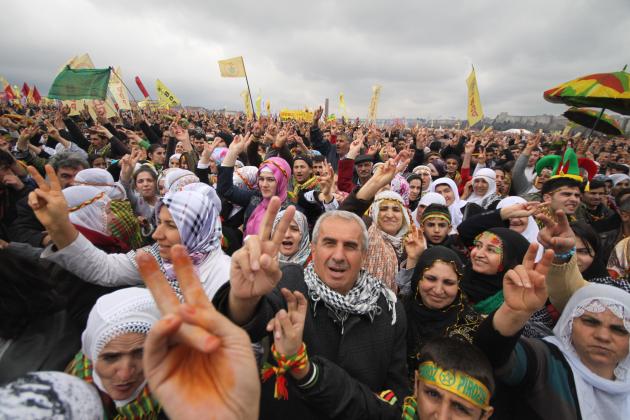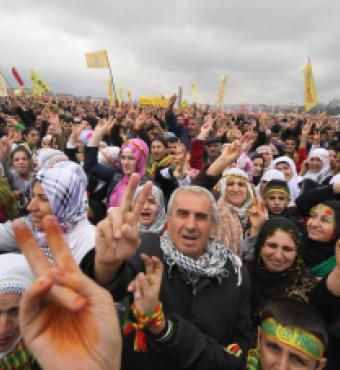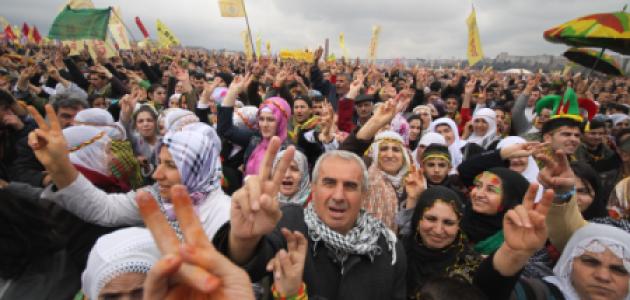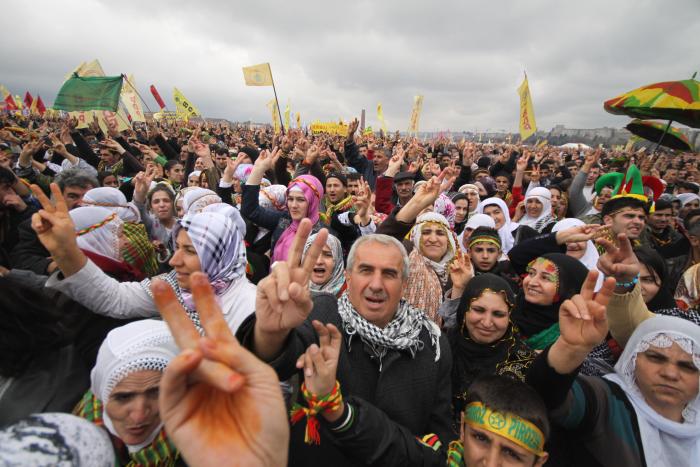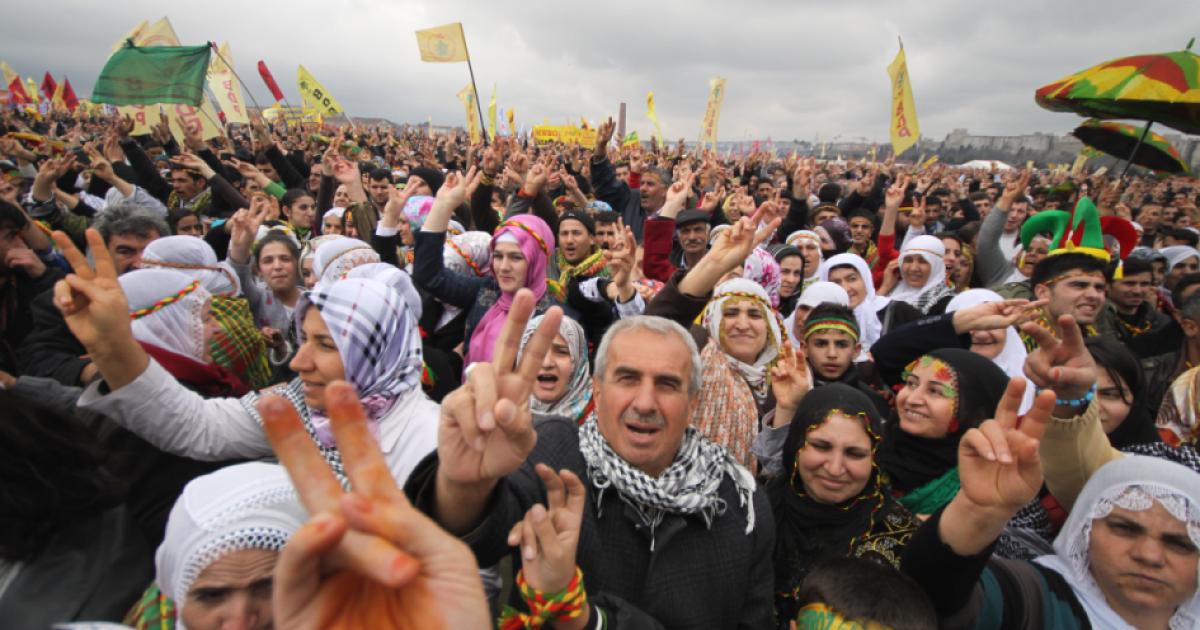There is a simple way to stop Iran from its nuclear ambitions, a way less costly than war and more effective than sanctions. It is by the creation of Kurdistan. Even a mere non-binding declaration by the US Congress to consider an option to create Kurdistan should stop the Iranian regime in its nuclear tracks, forcing it to refocus its attention on its internal survival. As an added benefit, the Kurdistan option would have a similar disabling effect on Syria. Iran and Syria might then cease to be political entities. The possible downside of this development is that it might destabilize and potentially break up Iraq and Turkey. This is a serious risk, but it could also open up new opportunities. Iraq and Turkey would face an added urgency in reaching mutually beneficial accords with their Kurdish enclaves. Their equitable resolution of the Kurdish problem would actually strengthen rather than weaken their national integrity.
This proposal represents the most equitable scenario that benefits all sides except the Iranian and Syrian regimes. If Iranian and Syrian Kurdish areas separate from their current states, they could join Iraqi Kurdistan in what would then become, in effect, an Arab-Kurdish confederation in Iraq. Iraq could become more stable, as Kurdistan has demonstrated its unifying influence on both the Shi’a and Sunni factions in the last several years and especially in the recent months during a governmental crisis. In general, since the new resulting borders in the region would better align the existing ethnic areas with their national statehood, the probability of inter-ethnic and internal civil conflicts in this volatile region should diminish. As for Turkey, under domestic pressures for a comprehensive and mutually beneficial Kurdish accord, the government would have to re-evaluate and reverse its drift away from its hard-won secular democracy allied with the West. Altogether, these developments would constitute a win-win situation both locally and globally, averting a military conflict with the West and improving human conditions in the region.
Continue reading Michael Bernstam in the Harvard International Review…






